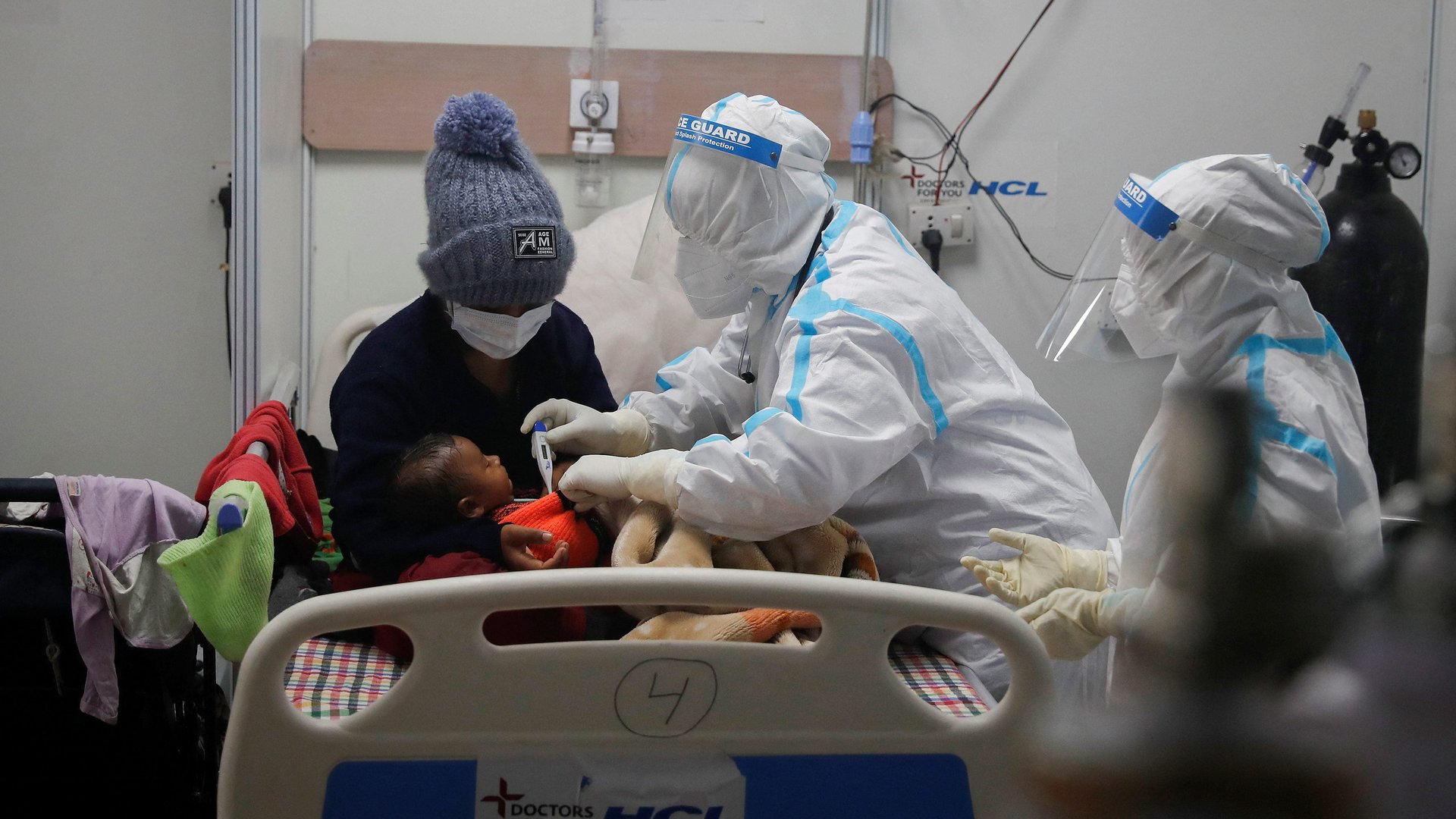India’s delta and omicron hospitalisations show the power of vaccination
India’s third wave is adding more proof to the thesis that the omicron variant causes less severe symptoms of covid-19.


India’s third wave is adding more proof to the thesis that the omicron variant causes less severe symptoms of covid-19.
Data collected by Max Healthcare, a network of 17 private hospitals, show that hospitalisations during the latest wave are about 10% of what it was during India’s brutal second wave in 2021.
Vaccination coverage and omicron’s inherent characteristics are reasons for this phenomenon.
Fewer hospitalisations also allay fears of yet another wave besting India’s healthcare resources as seen during the March-June 2021 wave. While Max hospitals are privately run and these data represent the cities of Delhi National Capital Region, Mumbai, Dehradun, Mohali, and Bathinda, overall number of hospitalisations, including those in government-run facilities, have been relatively less.
Is omicron less severe than delta?
There was some early evidence of omicron not affecting patients’ lungs as much as the delta variant. So far, fewer people have needed oxygen support, an extreme shortage of which had exacerbated India’s second-wave crisis.
India’s health ministry has increased its focus on the home isolation protocol for those infected during the current wave. Treatment norms have been simplified for basic symptomatic management, with medication like favipiravir and ivermectin now off the course.
Curiously, though, ICU admissions were higher at Max hospitals during this current wave, data up to Jan. 20 show.
The study, however, clarifies that this must be seen in the context of the kind of care provided.
“One must note that this sample is biased as Max Healthcare caters to tertiary and quaternary care, and we receive a significant number of critical [covid-19] patients referred to us,” according to Sandeep Budhiraja, the group medical director of Max Healthcare and the author of this report. “Hence, there is always a disproportionately higher ICU demand.”
Beyond the omicron wave, this change in protocol and a milder presentation of the disease can be attributed to covid-19 vaccines.
Vaccines work against omicron
Overall mortality has dropped in the omicron wave, data show.
A closer analysis, however, shows that vaccines protect against severe disease and death. “A large part of this [the drop in mortality] is because of vaccinations,” Budhiraja said. “In our hospitals, out of 82 deaths so far, 60% were seen in the partially or unvaccinated population.”
During the delta variant wave, India was struggling with vaccine shortages and a lower-than-ideal coverage for its populations. The total number of vaccinations has since picked up.
The study also found that deaths reported were largely among the elderly, those aged over 70, and those suffering multiple comorbidities such as kidney diseases, heart diseases, diabetes, and cancer.